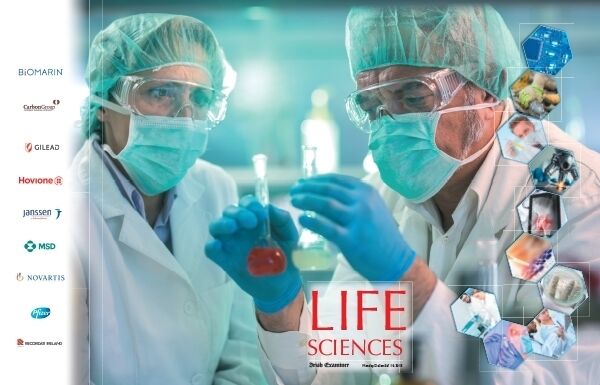Life Sciences: Moves to enhance traffic flow for vital sector


It is the beating heart of Ireland’s pharma and life sciences sector, with almost a fifth of the estimated 25,000 people employed in the sector nationally working for companies based there.
















